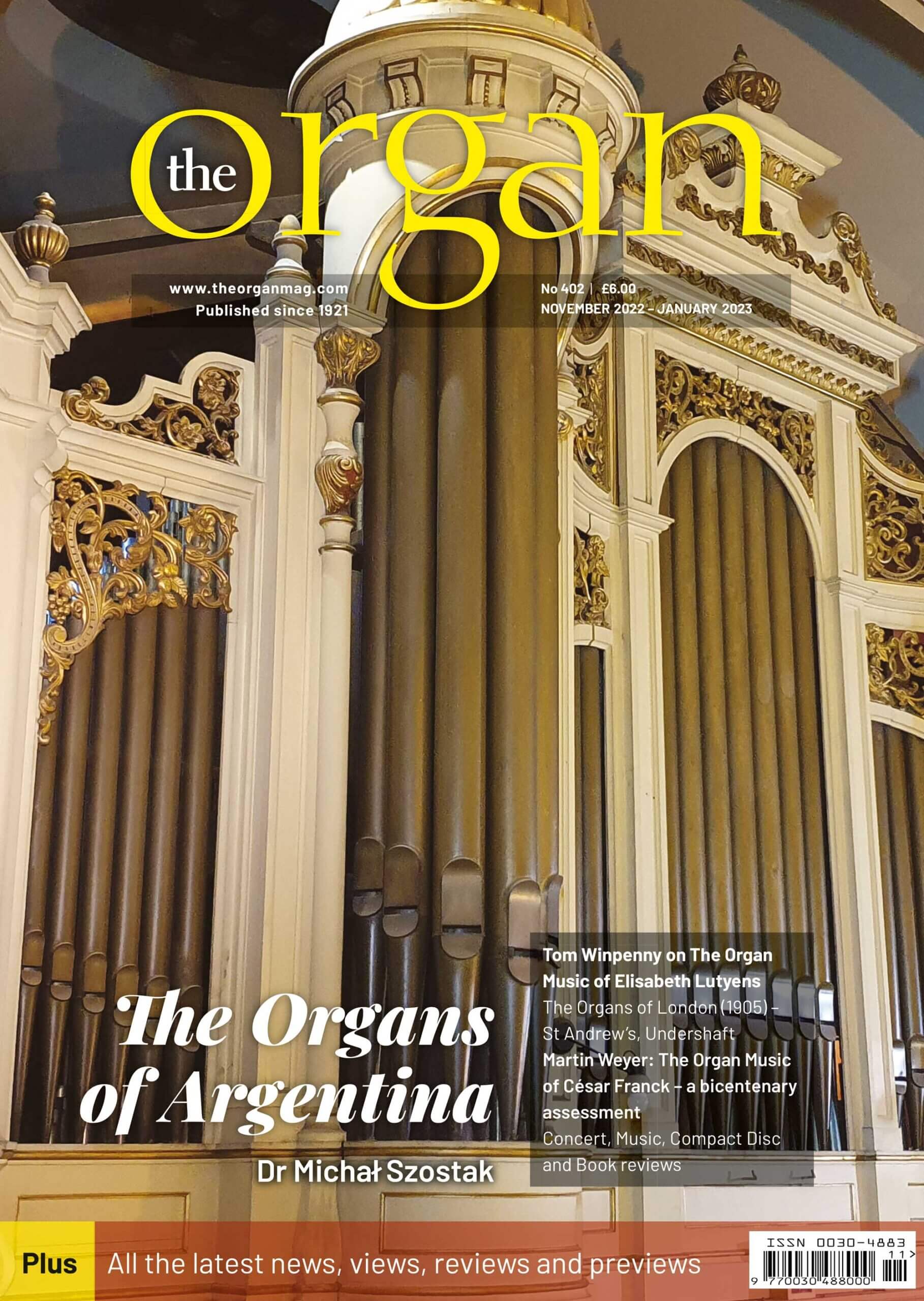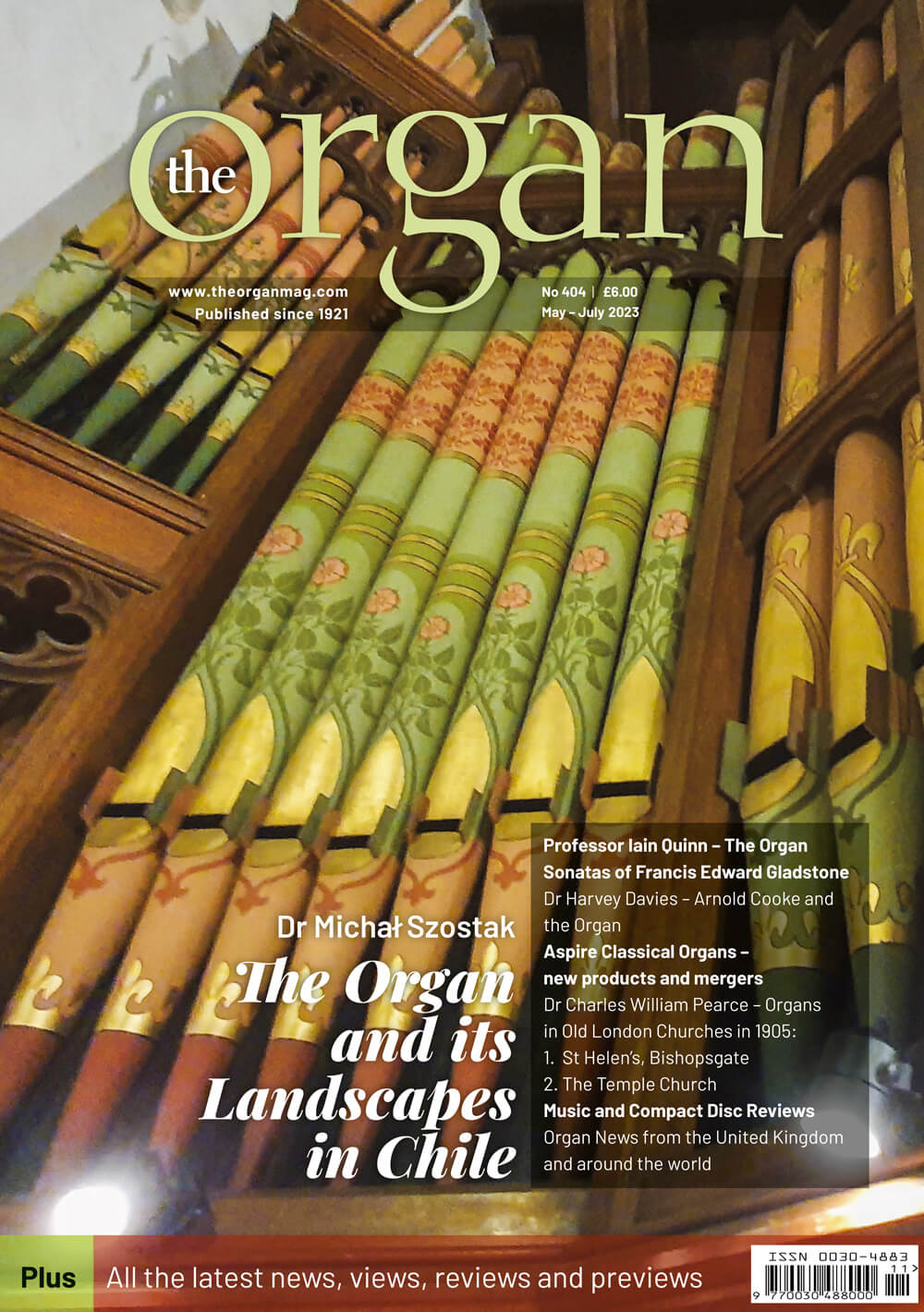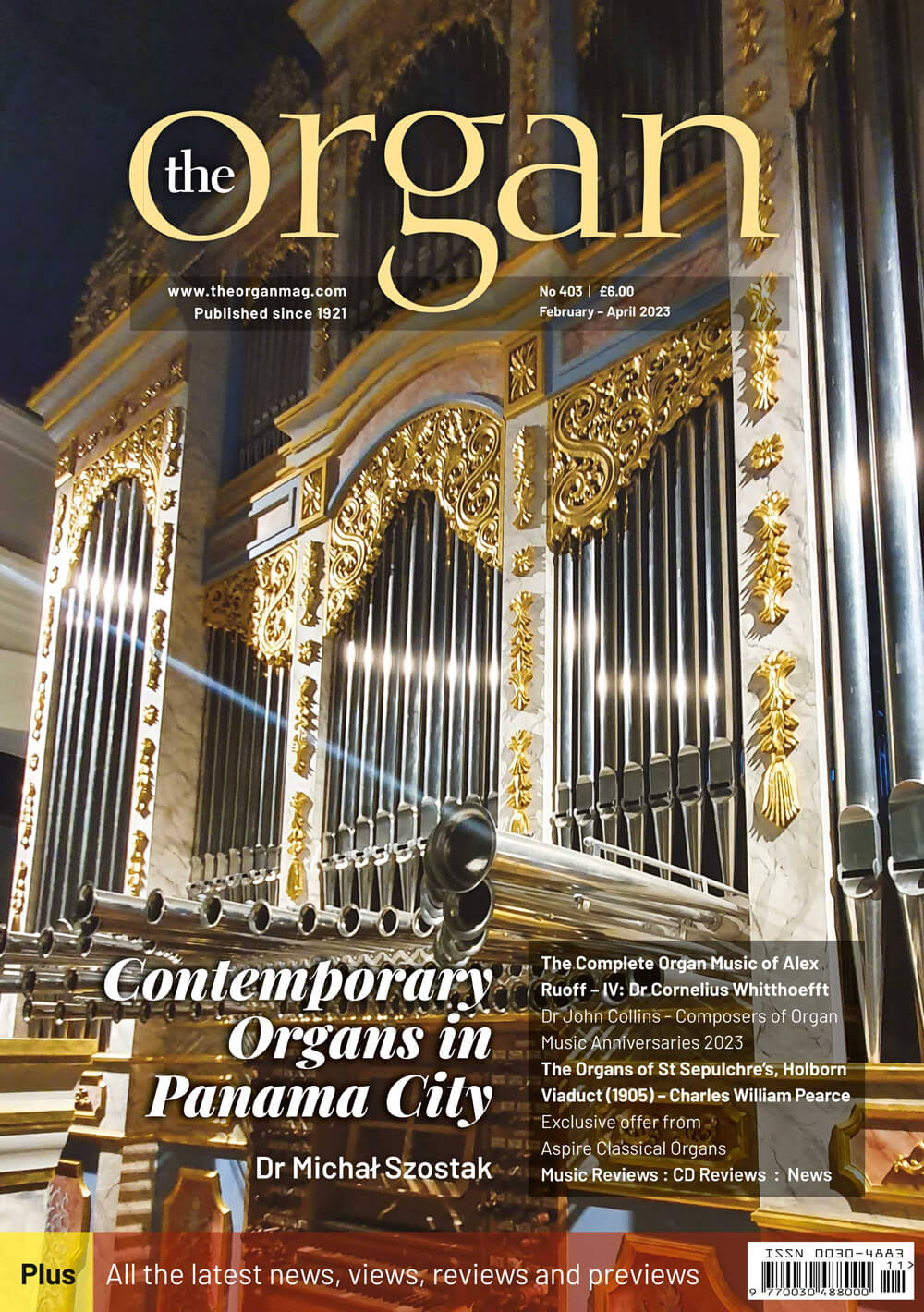Previous Issues
Winter 2024. 1540
Autumn 2024. 1539
Summer 2024. 1539
Spring 2024. 1538
Winter 2023. 1537
Autumn 2023. 1536
Spring 2023. 1534.
Winter 2022. 1533.
Autumn 2022. 1532.
Summer 2022. 531.
Following the dispicable and illegal invasion of Ukraine, the Summer 2022 edition of Musical Opinion carries a large article about Sergei Prokofiev, arguably its most famous composer along with an overview of the Ukrainian classical music scene over the last one...
Spring 2022. 1530.
Winter 2021. 1529.
Autumn 2021. 1528.
Summer 2021. 1527.
Spring 2021. 1526.
Winter 2020. 1525.
Autumn 2020. 1524.
Summer 2020. 1523.
Spring 2020. 1522.
Explore By Topic
Summer 2023. 1535.
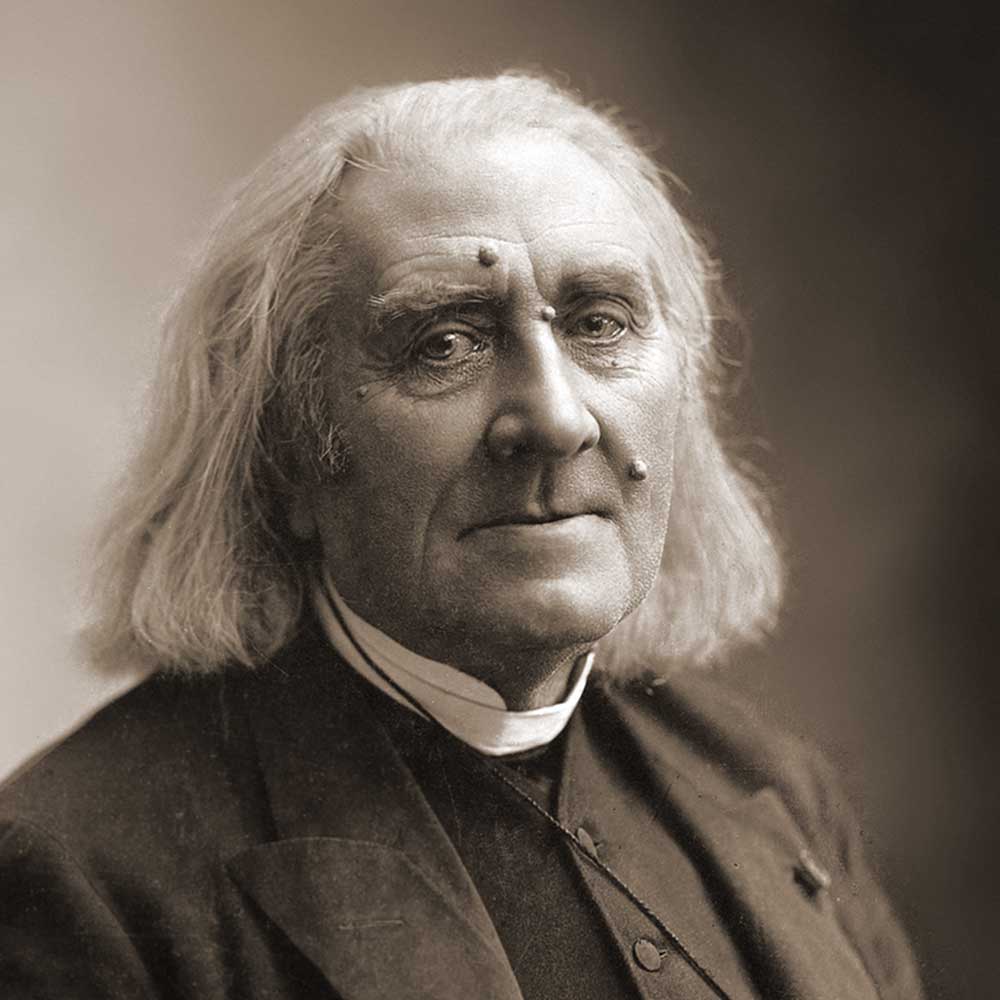
Newly-discovered hitherto-unknown Liszt piano piece
Edward Morton Jack
The world-renowned Liszt scholar Leslie Howard will give its UK public premiere in his 75th Birthday Recital at the Wigmore Hall in London on 18 April 2023.
A new and exciting discovery has been made in the world of Liszt scholarship: a fully complete and hitherto-unknown piano piece by Liszt has been discovered, and it has recently been published by The Liszt Society.
New Liszt works do occasionally emerge, but they are usually album leaves, sometimes of only one bar’s length, or an ossia passage or alternative version of a known work, or a fragment of an abandoned work. And on the rarer occasions that completed works do show up, they are usually something that is already known about. For example, Liszt wrote to a publisher in 1870 that he was sending his piano piece Kavallerie-Geschwindmarsch. But no subsequent trace of the work could be found for a century and a half, and scholars were unsure whether it had even been published, until a copy – which even now remains the only known printed copy – turned up a few years ago in a library in New Zealand. (To add to the mystery, that copy was not published by the publisher to whom Liszt had written.)
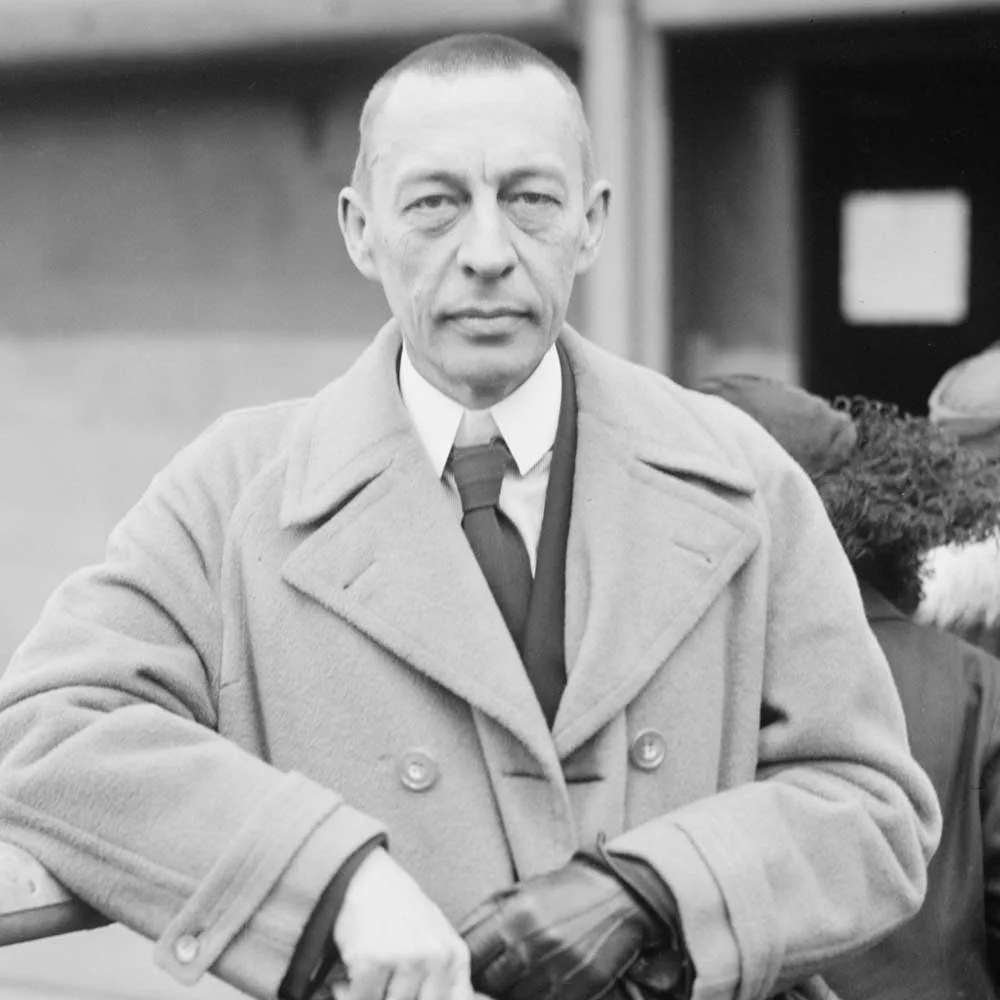
The Rachmaninoff Sesquicentenary - 1873-2023 - I
Robert Matthew-Walker
In responding to the query questioning an earlier published comment of mine concerning the repeat in the first movement of Rachmaninoff’s Second Symphony, I firmly believe that this repeat was invariably made by Rachmaninoff in performances he conducted himself. The first performance was given on January 26th 1908 in St Petersburg at the Maryinsky Theatre, under his baton, at one of a series of orchestral concerts given through the auspices of his first cousin, Alexander Siloti (their mothers were sisters). It is interesting to note that the first rehearsals of the symphony, preceding the premiere, were taken by Siloti – presumably with Rachmaninoff present on at least one of those occasions – the composer, almost certainly, would have taken the last rehearsal himself
The last time Rachmaninoff conducted the Symphony was on October 25th 1914, in Moscow. If one includes those two performances, Rachmaninoff conducted his Second Symphony on seventeen occasions, in Moscow, Warsaw, Amsterdam, Antwerp, Philadelphia and Leeds (the second UK performance; the premiere was some months earlier in London).

Jonah – a new Oratorio
Ian Fletcher
The composer writes on his new large-scale oratorio, Jonah, which is to receive its world premiere at London’s Cadogan Hall on Tuesday May 9th. The soloists will be Katerina Mina, Ashley Riches, Henry Waddington and Morgan Pearse, with the London Symphony Chorus, Farnham Youth Choir and the National Symphony Orchestra conducted by John Andrews.
Jonah is a full scale oratorio based on the Biblical story and is scored for a full symphony orchestra, an adult chorus of about 100, a children`s choir of about 40 children and four professional soloists. The soloists sing the parts of the Narrator (soprano), Jonah (baritone), God (bass), the Captain of the ship and separately The King of Nineveh (baritone).
Although the book of Jonah in the Bible contains only three pages, the intellectual ideas are very far reaching indeed. The subject matter includes Disobedience, Jonah being in the Belly of the Fish, Obedience when Jonah agrees to go to Nineveh (modern day Mosul in Iraq) and finally Mercy and Repentance. The first section describes how Jonah is requested by God to go to Nineveh as the city is behaving very badly and needs serious cleansing. Jonah refuses and joins a ship bound for Spain to escape the attentions of the Lord. The differing moods in the piece include the sailors excitedly preparing to sail to Spain and loading up the cargoes before the music fades as the ship sets off into the Mediterranean
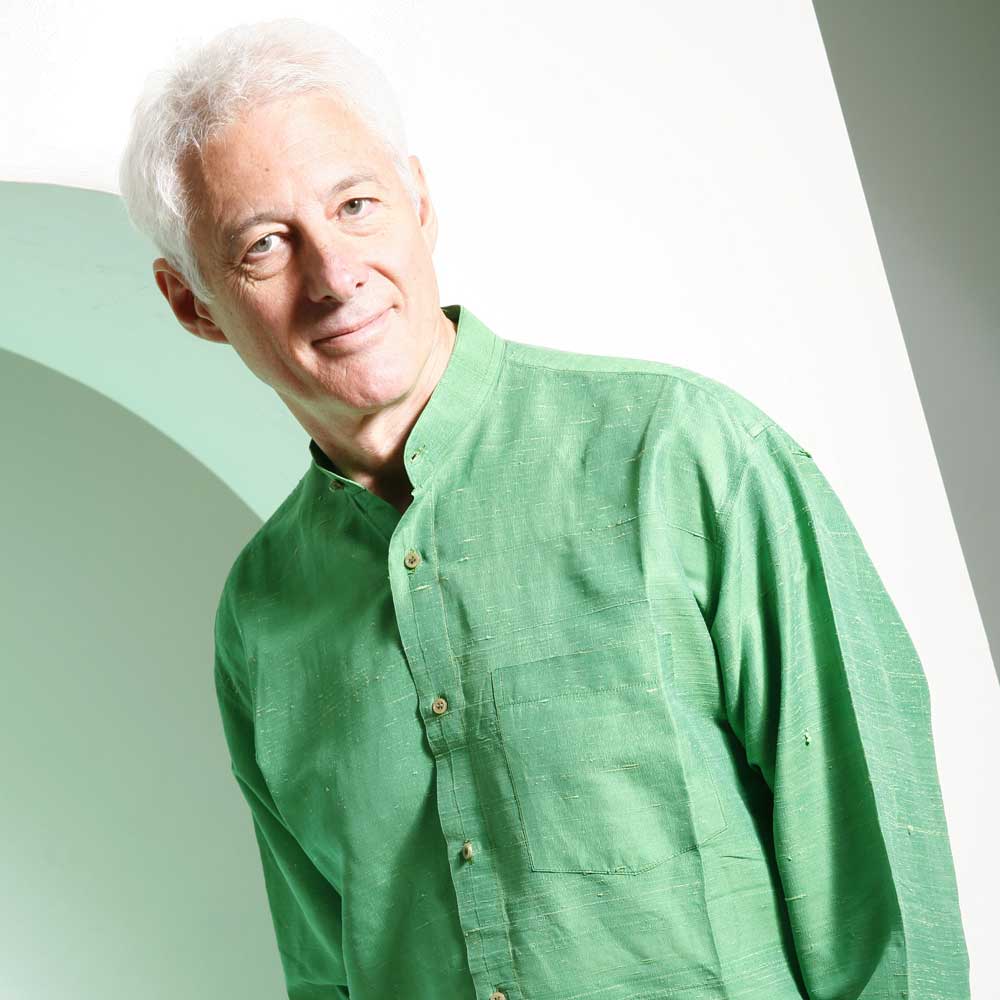
Gregory Rose at 75 – an interview
Matthew Berry
Conductor-composer Gregory Rose celebrates his 75th birthday on 18th April 2023. As a conductor, Gregory is chiefly recognised for his performances across a broad range of contemporary and romantic repertoire. To date, he has conducted over a thousand premieres of orchestral, choral and ensemble works throughout Europe and the Far East, in a list as eclectic as it is long.
Gregory has also worked directly with composers such as Stockhausen, Cage, Reich, Lachenmann and Birtwistle. For the Almeida Festival, he directed ‘Cage at 70’ in 1982, followed by “Reich at 50’ in 1986. He has directed over fifty performances of Stockhausen’s Stimmung, including with the composer, and made an award-winning CD of the work in 1980 after a BBC Promenade performance with Singcircle. He collaborated on the premiere recording of John Cage’s Song Books on the Sub Rosa label, and has both contributed to and conducted orchestral arrangements for such stars as Linda Ronstadt, Diana Ross, and the group Madness.
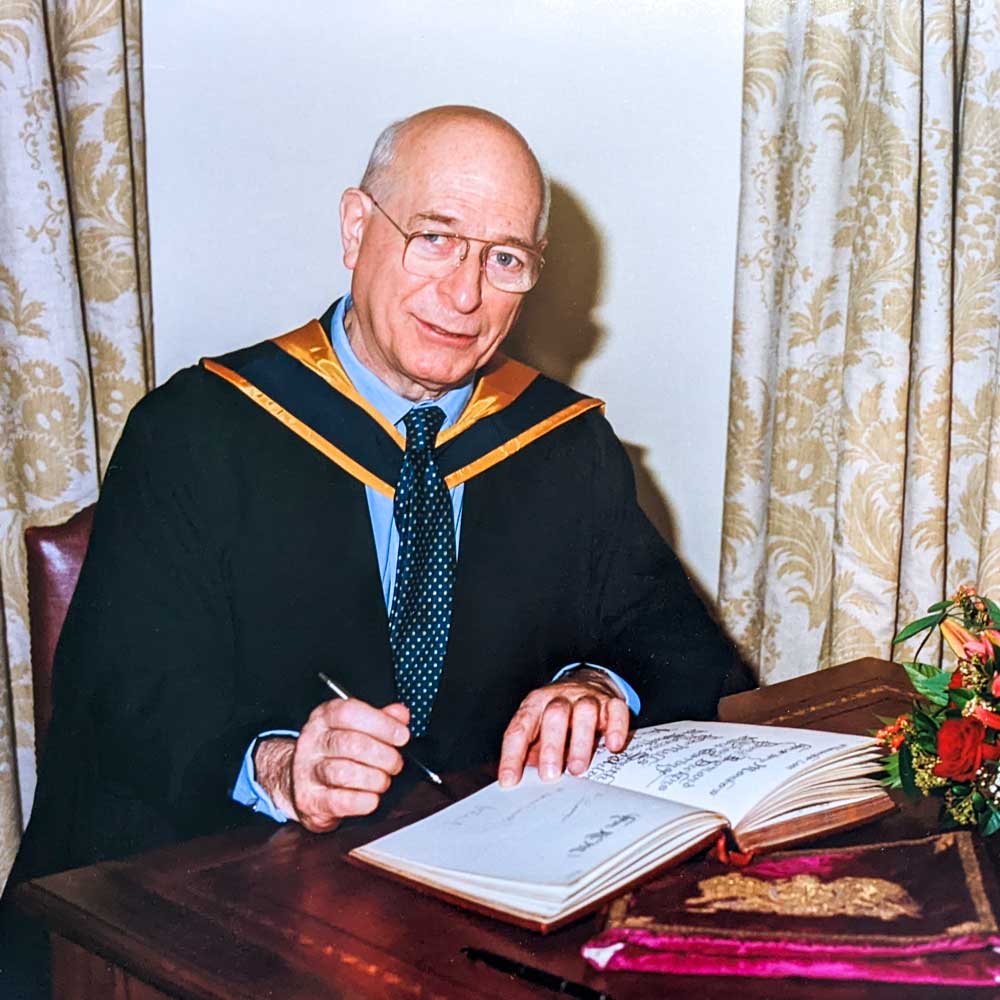
John Woolf and his Park Lane Group – 65 Glorious Years
Peter Dickinson
John Woolf, who died on January 31st last year, was enormously reticent about his own life. I wanted to write a tribute for his ninetieth birthday in these pages, but he refused, saying that it was what he did that mattered and not who he was. However, what was achieved by the Park Lane Group was so extraordinary, for sixty-five years, that we are entitled to know more about the person behind such achievements.
Eventually he told me that he was born on 12 April 1930 at 19 Avenue Notre-Dame, Nice. His mother and older brother, who had joined the Royal Navy, were already in London but in June 1940, John left for Cannes with his father at one hour’s notice to catch a train to Marseilles. They waited there for three days until the American Vice-Consul organised a Scottish collier to take away a group of British people to safety via Gibraltar and eventually to Plymouth. John said he owed a huge debt to that American, at a time when his country was not yet in the war.
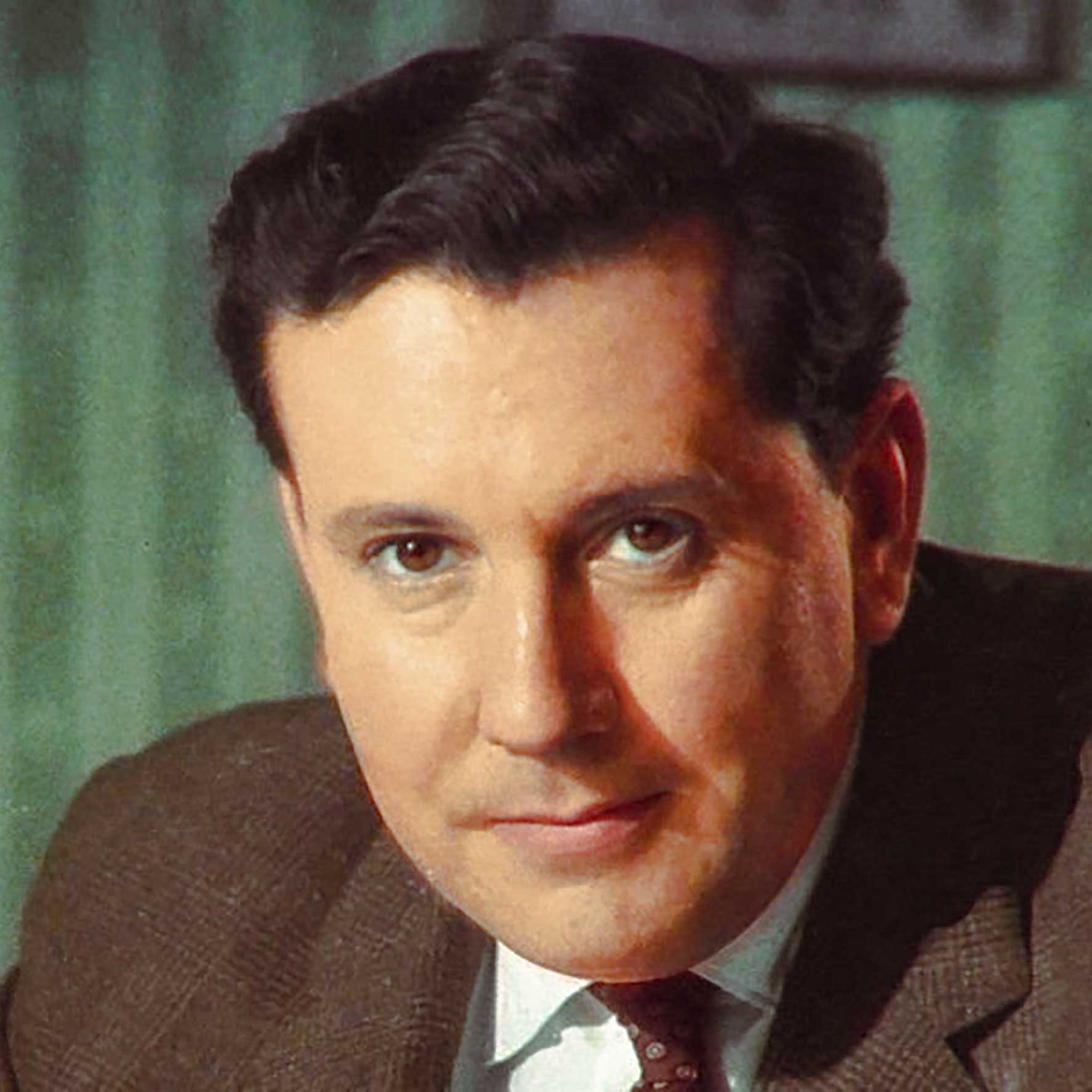
Malcolm Arnold – an Original Symphonist
Robert Matthew-Walker
In an appreciation of one aspect of the composer’s work, and in the light of the Naxos release of their integral set of Arnold’s symphonies, as the centenary celebrations of Arnold’s drew to a close the author takes an in-depth look at the symphonic output of the individual British composer, the range of whose work was undoubtedly greater than that of any composer of his generation,
In popular classical music terms, when a composer reached No 9 in their symphonic output, it was often taken as a signal for the Old Man with a Scythe to pay a visit, but whereas Beethoven, Schubert, Bruckner, Dvořák, Mahler and Vaughan Williams were (and still are) thought of as falling through the death-trap marked ‘Symphony No 9’, alongside later British composers one could cite both Wilfred Josephs and Malcolm Arnold as ‘nine-symphony’ composers, although it is not strictly true.
Beethoven’s ‘Wellington’s Victory’ was published as a symphony, and he had drafted virtually all of the first movement of what would have become his numbered Tenth; Schubert certainly wrote at least ten symphonies, Bruckner and Mahler eleven each – Bruckner completed two un-numbered symphonies, in F minor and D minor, and Mahler described Das Lied von der Erde on his manuscript as ‘eine symphonie’ – and his unfinished (numbered) Tenth was drafted from first bar to last, with no gaps. Malcolm Arnold also wrote eleven symphonies, with a Symphony for Strings and a Symphony for Brass, neither of which he numbered.

